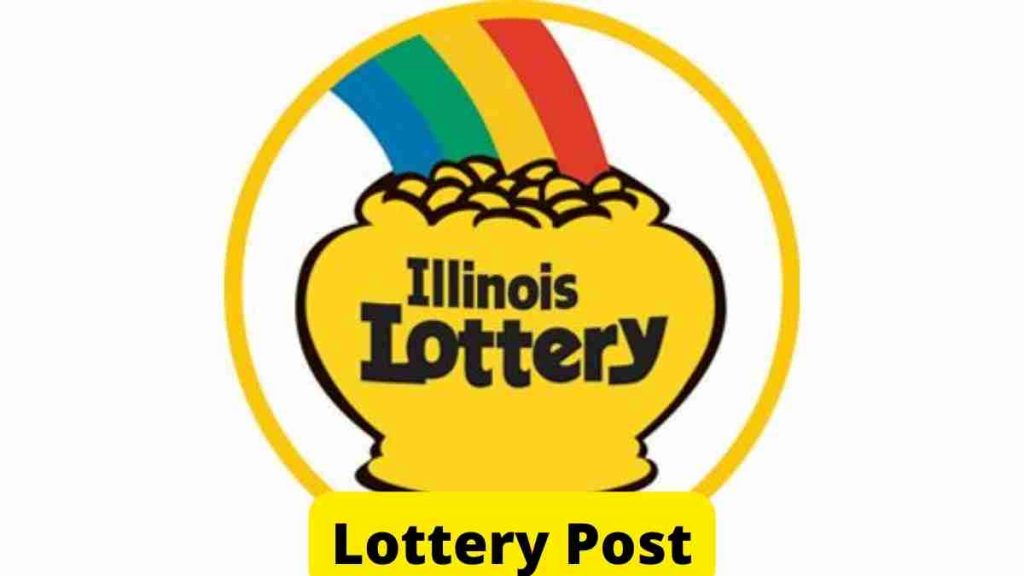Lottery Post reports: An individual accused of duping UK National Lottery by creating winning tickets fraudulently has been given more time to return his or her funds and refund their winnings, according to Lottery Post reports.
Edward Putman, 56, who had been found guilty of sexual rape at trial was given three months to repay PS939,782.44 (US $1,149,405.61). As per court proceedings held in January 2019 when his commitments had not been fulfilled he should have received an extra six years sentence on top of what was already serving.
According to documents released under the Freedom of Information Act, an entire confiscation order sum of PS939,782.44 remains outstanding and unpaid.
Court Give 3 Month Extension to Return Money
On Friday, Putman was granted another three-month extension to return his funds; once that deadline passed, however, prosecutors indicated their intent to explore “various possibilities”, as reported by The Mirror.
Putman exploited Camelot fraud detection staffer Giles Knibbs’ fake ticket to cheat the UK National Lottery by reporting palpitations just days before its set to expire and using that as his pretext for calling Camelot about his impending ticket’s use in fraudulent activity.

Even though a crumpled lottery ticket’s security measures, including barcoding, were removed on its bottom half by accident, the National Lottery paid it out anyway.
Knibbs’ lie was exposed when he took his own life and left letters accusing Putman.
Knibbs’ friend recently told the Mirror it is disgraceful for Putman not to pay up; there is absolutely no excuse. Additionally, once Putman leaves prison he could gain access to even more millions.
Rumor has it that Putman owns a house worth PS700,000.50 in London (roughly equivalent to US $856,138.50). She may have paid Knibbs an initial total payment of PS280,000 (US $342.455) before further payments of PS50,000 each subsequent month until completion.
Conman Martin Lefkowicz was sentenced to nine years of incarceration in the 1990s for sexually molesting a teenager, yet soon went on spending sprees with Lita Stephens, his partner after accepting an unfair prize and quickly acquired luxury cars after release and acceptance of this prize. Friends claimed they enjoyed travelling first class across the globe together while owning homes both in Florida and Malta (Lottery Post).
Sentenced to 9 Month in Prison
He managed to remain out of sight until 2012, when he illegally claimed PS13,000 in housing and income support benefits – an error for which he received nine months imprisonment as punishment.
At his sentencing, Knibbs described himself as an unwavering winner; yet in 2015 when he wrecked one of Putman’s cars it became evident he felt discontented not receiving “fair share.” Putman called police, who soon arrested Knibbs.
Knibbs took their life
He took their life a few months later, but not before informing his friends about the lottery ruse he and his former colleague had devised. Putman was sentenced to nine years in prison in 2019, telling him: “Regardless of the exact monetary split you and Mr. Knibbs had agreed on, you did not provide Mr. Knibbs the split he felt he was promised.” “You blasted the credibility of the national lottery.”
Despite earning a £2.5 million award, Putman was forced to pay just under a million pounds. The Gambling Commission fined Camelot £3 million (US $3.67 million) for paying out the false claim.
The National Lottery
The 1994-founded UK National Lottery is state-run. The Gambling Commission licences Camelot Group, which operates it until 2024.
National Lottery Post Rules and Laws
Prizes awarded from National Lottery games are tax-free and distributed as one lump sum payment (except Set For Life which may be divided over time), with 53% going directly into prize fund while 25% went toward “good causes”, defined by Parliament (though some consider some of this “stealth tax” levied against National Lottery Community Fund; it could also support public spending); another 4% went directly to UK government lottery duty payments while 4/4%/1% split between retailers commission fees, running costs covering costs as well as Camelot itself (with 4/4% covering operating costs while 1/1 profit for operation).
- ensuring that the interests of all players are protected
- ensuring the Lottery is run with due propriety
- that returns to good causes are maximised.
Readme Also:




